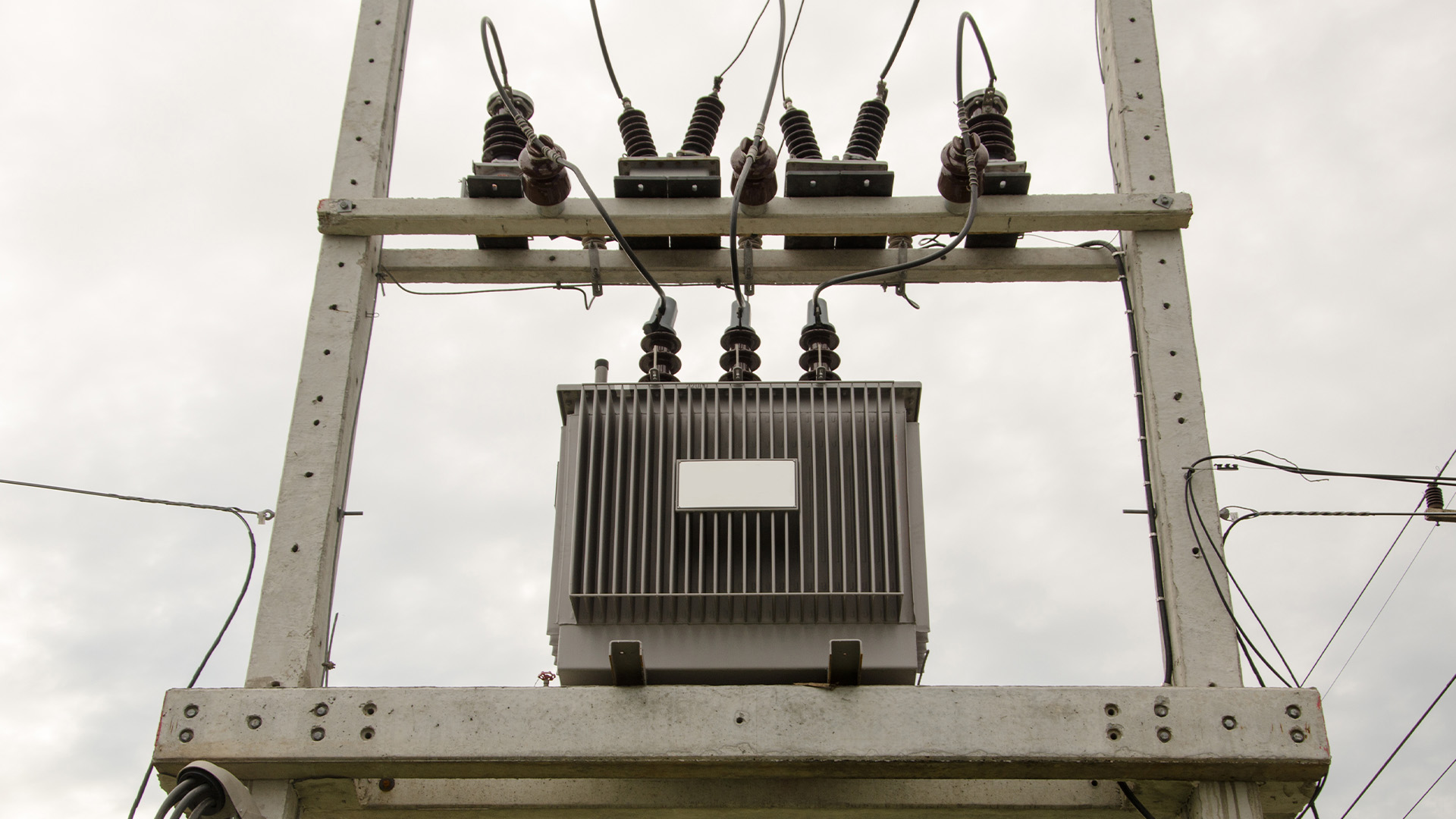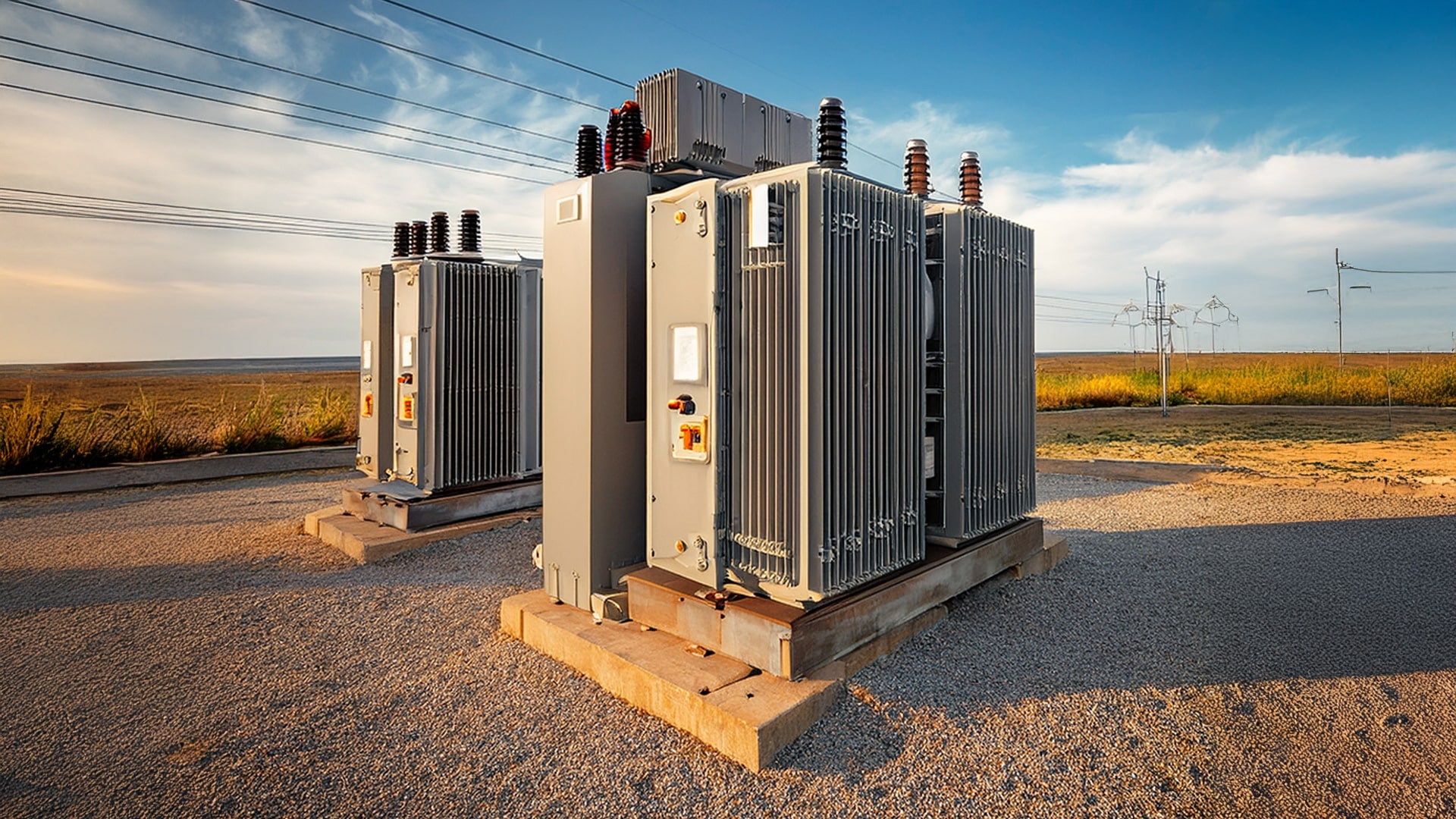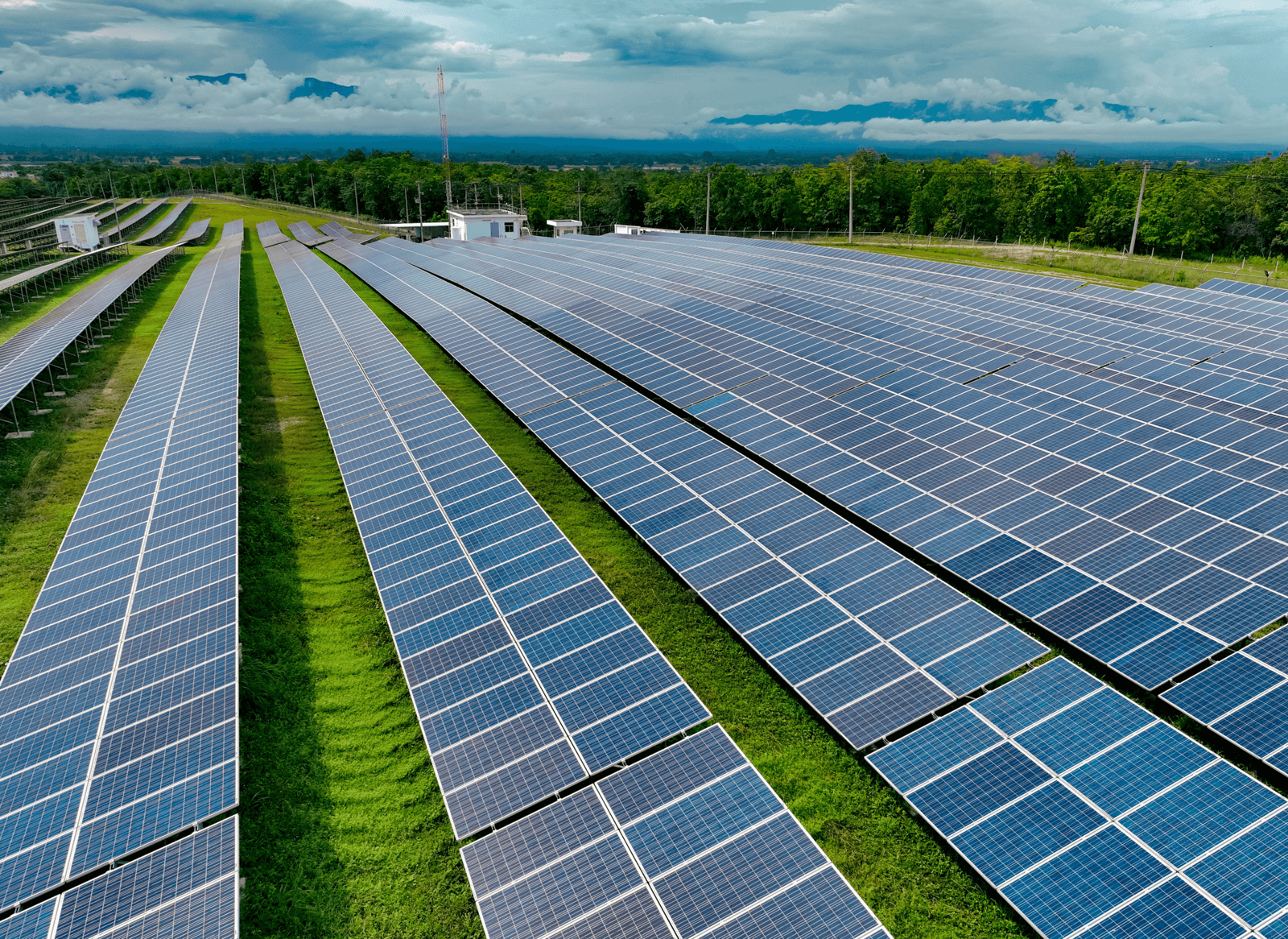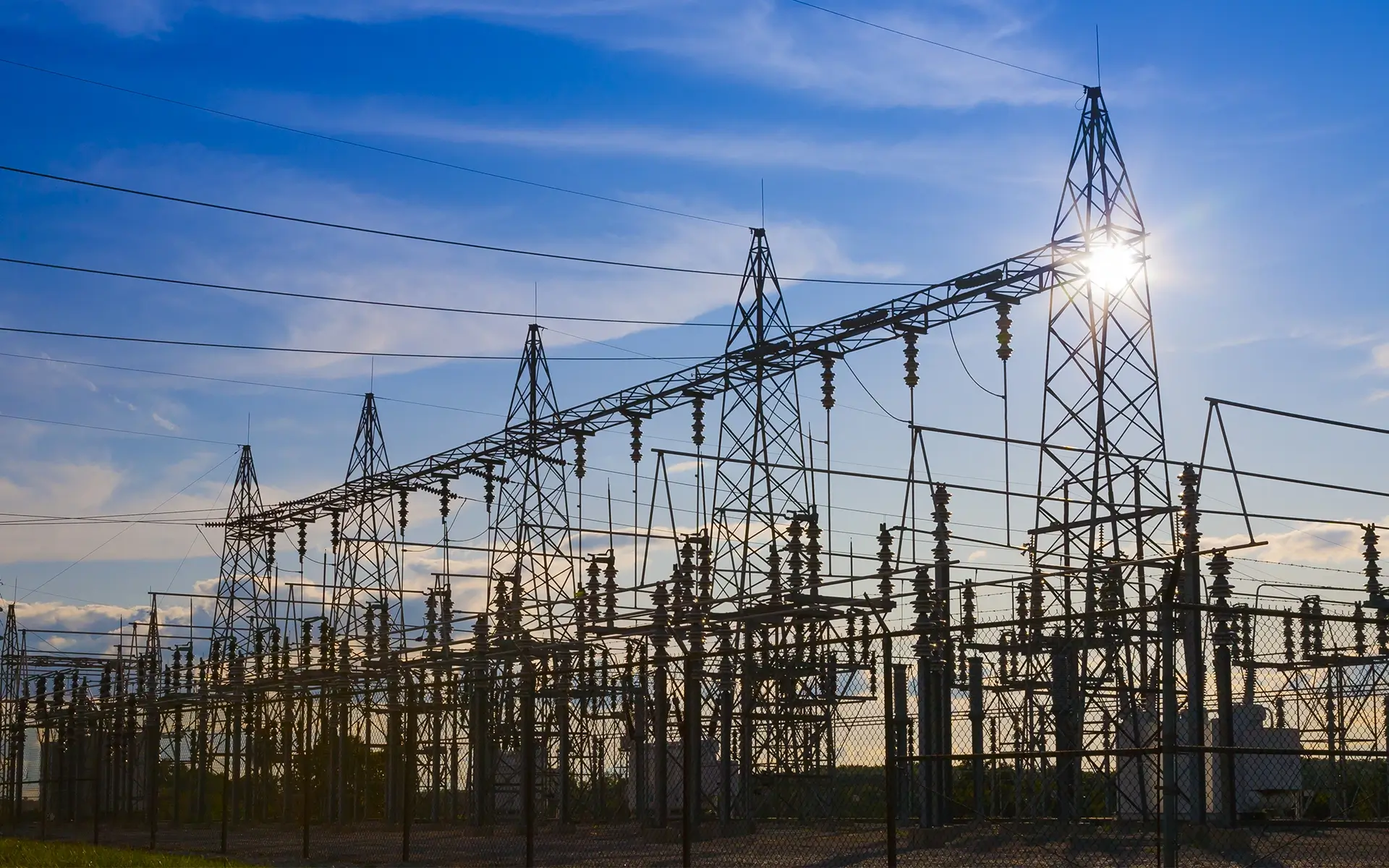Other Blogs
-
Next-Generation Monitoring Systems for Transformers
Reliability and continuity in energy infrastructure are more important than ever. At Atlas, we believe that transformers are not just equipment that transfers energy; they are also components that form the heart of the system.
-
Why Do Transformers Make Noise and How Can It Be Reduced?
Transformers can sometimes produce a noticeable hum or vibration noise when operating. This is often a natural process, but under certain conditions, it can become an unwanted source of noise.
-
Dual Voltage Transformers
Dual voltage transformers allow to serve regions with different voltage requirements without the need for separate transformers.
-
Solar Farms: The Clean Energy Source of the Future
While the world's need for energy is increasing rapidly, the environmental impact of fossil fuels continues to pose a major threat.
-
Innovative Transformer Technologies that Minimize Energy Loss
Energy efficiency is becoming an increasingly high priority in today's energy sector.
-
Transformer Optimization for Sustainable Energy Resources
With the widespread use of renewable energy sources, transformers...
-
Transformer Oil Analysis: Detect Faults in Advance
One of the most important elements that ensure the healthy operation of transformers is...
-
Ways to Reduce Your Carbon Footprint in Power Grids
Today, the energy sector is undergoing a major transformation to reduce its carbon footprint.
-
The Most Durable Transformer Solutions for Industrial Use
Transformers used in the industrial sector are exposed to severe operating conditions and therefore durability is a major factor.
-
5 Effective Ways to Extend Transformer Life Cycle
Transformers are critical components of power grids and their long life ensures uninterrupted operation of the system...
-
The Role and Future of Transformers in Smart Grids
Energy grids are becoming smart with digitalization and IoT technologies. In this transformation, transformers...
-
Transformer Selection Guide for Efficient Energy Distribution
In energy distribution processes, choosing the right transformer is of great...
-
Transformers: Hidden Heroes of The Electric Energy World
Transformers, the heart of electric energy in the world, is with us in every aspect of life. However, a transformer, which distributes electric energy to our lives in a safe, efficient andsustainable way, often works like an unrecognized hero. With an impact ranging fromindustry to homes, transformers not only regulate the flow of electric energy, but also form the basis of economic, environmental and technological solutions.
-
Future Trends in Transformer Technologies and Sustainable Solutions
The energy sector is rapidly transforming in terms of sustainability and efficiency...
-
Energy and Art: Where Transformers Meet Creativity
Energy infrastructure is often valued for its functionality, with little attention given to its aesthetic potential.
-
Microgrids: The Future of Local Energy Solutions
The energy world is rapidly evolving from large, centralized grids to more localized and independent solutions.
-
Smart Transformers: The Future of Energy Management through Digital Transformation
In today’s energy sector, digitalization is not only transforming how businesses operate but also fundamentally reshaping energy management systems.
















